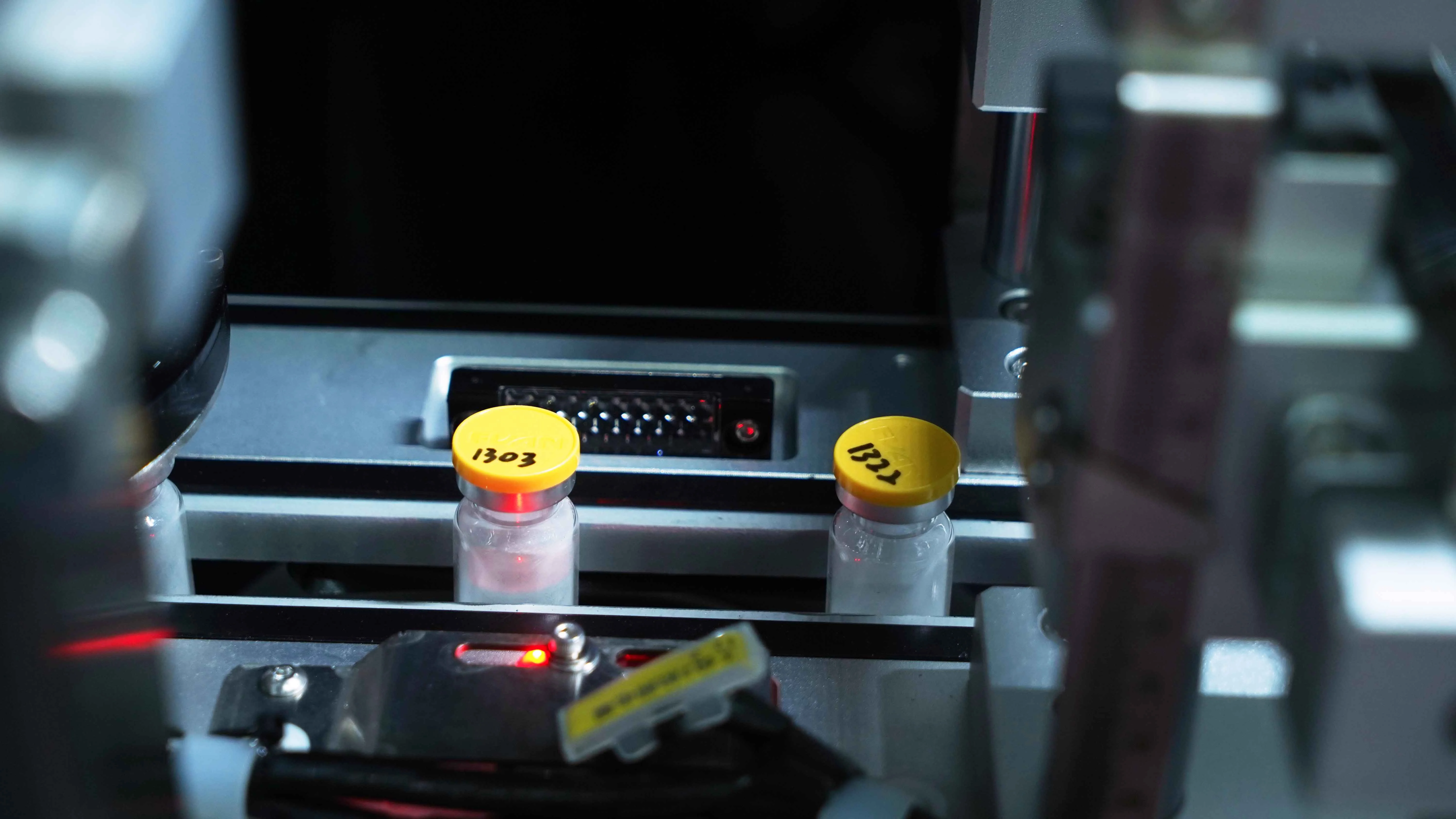You may have heard of inspection machines, but do you truly understand how they are transforming quality control across various industries? As production demands grow and regulatory standards tighten, automated inspection machines have become indispensable tools for ensuring product quality, safety, and compliance.
In this article, we'll take a closer look at what an inspection machine is, how it works, its main applications, and why it's becoming a standard in industries like pharmaceuticals, food & beverage, and cosmetics.

What Is an Inspection Machine?
An inspection machine is a type of automated equipment designed to detect defects, inconsistencies, or contaminants in products during or after production. These machines are commonly integrated into packaging or bottling lines, where they play a crucial role in identifying faulty products and ensuring that only qualified goods reach the market.
Depending on the application, inspection machines can detect a wide range of issues, such as:
· Missing or misapplied labels
· Incorrect fill levels
· Foreign particles inside containers
· Surface scratches or breakage
· Barcode and QR code readability
· Cap alignment and sealing defects
How Does an Inspection Machine Work?
Most modern inspection machines operate based on visual inspection technology, utilizing high-resolution industrial cameras combined with advanced image processing software.
Here's a simplified breakdown of how the process works:
1. Image Capture: As products pass through the inspection area, cameras capture multiple images from different angles.
2. Image Analysis: These images are processed in real-time using software algorithms to detect abnormalities.
3. Judgment & Sorting: If defects are detected (e.g., contaminants or mislabeling), the system signals the PLC (Programmable Logic Controller), which automatically rejects the defective item.
4. Data Feedback: All inspection data is recorded, providing traceability and insights for future quality control improvements.
Key Applications of Inspection Machines
Inspection machines are used across a wide range of industries. Their design and functionality can be tailored to meet industry-specific regulations and requirements:
· Pharmaceutical Industry: For inspecting ampoules, vials, and infusion bottles to ensure they are free of foreign particles, cracks, or fill level discrepancies.
· Food & Beverage: For checking fill levels, labeling accuracy, and ensuring there are no contaminants.
· Cosmetics: For verifying product integrity, proper packaging, and tamper-proof features.
· Electronics and Automotive: For inspecting components for surface flaws, misalignment, or assembly issues.
Benefits of Using an Automated Inspection Machine
Implementing an inspection machine into your production line offers several competitive advantages:
· Increased Accuracy: Detects defects that are invisible to the human eye.
· Higher Efficiency: Operates at high speeds without compromising precision.
· Cost Reduction: Reduces waste and minimizes product recalls.
· Regulatory Compliance: Helps meet industry standards like GMP, FDA, ISO, etc.
· Customizability: Many inspection machines offer modular designs tailored to specific needs.
Choosing the Right Inspection Machine
When selecting an inspection machine, consider factors such as:
· Type of product (liquid, solid, powder)
· Production line speed
· Inspection criteria (particle detection, label verification, fill level)
· Space constraints and integration with existing systems
· After-sales support and software compatibility
Leading manufacturers often provide custom inspection solutions that can be adapted to evolving production requirements.
Final Thoughts
In a world where product quality and safety are non-negotiable, inspection machines play a pivotal role in maintaining trust and compliance. Whether you're in pharmaceuticals, food and beverage, or cosmetics, investing in a reliable inspection solution can significantly enhance your production line's performance.

